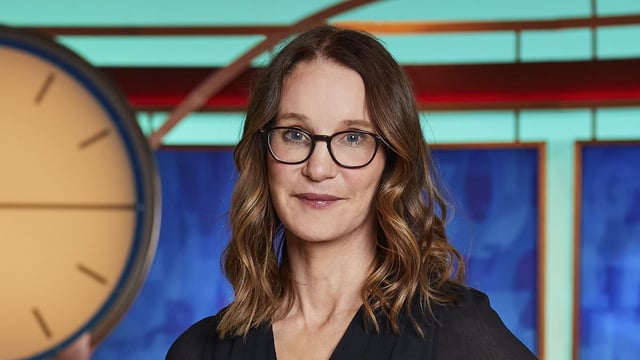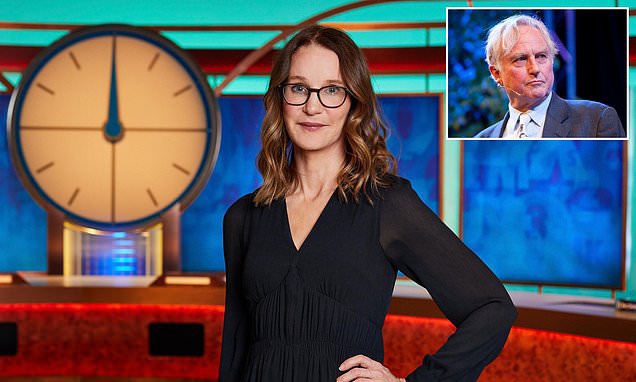Overview
- Dent told the Hay Festival that the once-maligned extra syllable in ‘mischievous’ now appears so frequently that it merits acceptance as a natural linguistic development.
- She attributed the shift to English speakers defaulting to familiar ‘vious’ endings in words like ‘previous’ when faced with the rare ‘ievous’ pattern.
- Frank Cottrell-Boyce and Richard Dawkins have publicly criticized the mispronunciation, maintaining it undermines established lexical standards.
- The Merriam-Webster dictionary still classifies ‘mischievious’ as non-standard despite evidence of its occasional use dating back to the 16th century.
- Observers note this pronunciation change joins trends such as the rise of singular ‘they/them’ pronouns in reflecting language’s adaptive and democratic evolution.


